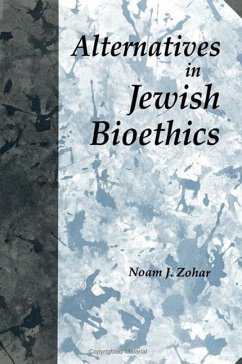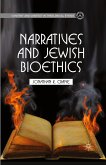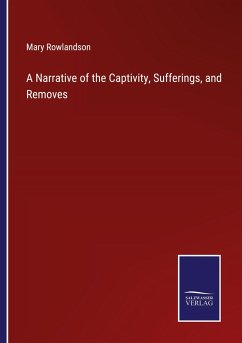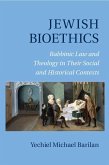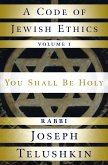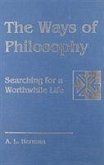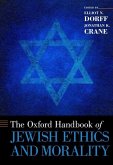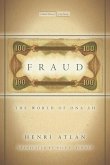This dialogue between the Jewish normative tradition and Western moral philosophy addresses central contemporary issues in medical ethics. Alternatives in Jewish Bioethics consists of a dialogue between contemporary, Western moral philosophy and the Jewish tradition of legal/moral discourse (Halakha). Recognizing that no single tradition has a monopoly on valid moral teachings, it seeks to enrich our ethical perspectives through mutual exchange. This is facilitated by a non-authoritarian approach to Judaism-a clear alternative to the implicitly insular, "take-it-or-leave-it" approach often encountered in this field. Following in the footsteps of classical rabbinic discussions, normative pronouncements are grounded in reasons, open to critical examination. The "alternatives" are within the book as well-the presentation throughout avoids one-sided conclusions, citing and analyzing two or more positions to make sense of the debate. These particular arguments are also linked to a larger picture, contrasting two basic themes: religious naturalism versus religious humanism. Concretely, the book addresses some of the central contemporary issues in the ethics of medicine. These include assisted suicide and euthanasia, donor insemination and "surrogate" motherhood, the use of human cadavers for learning and research, and allocation of scarce resources at both the individual and social levels.
Bitte wählen Sie Ihr Anliegen aus.
Rechnungen
Retourenschein anfordern
Bestellstatus
Storno

